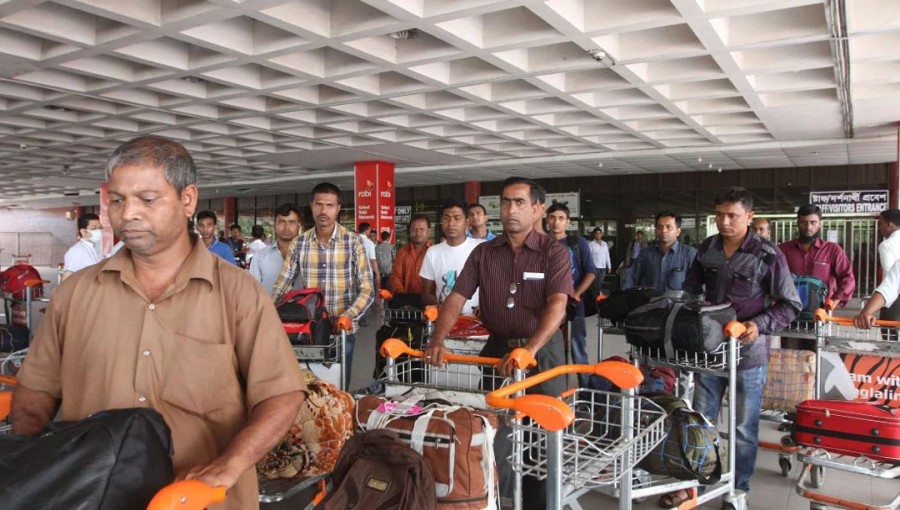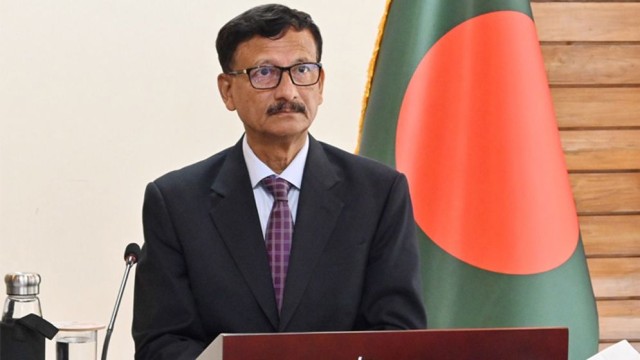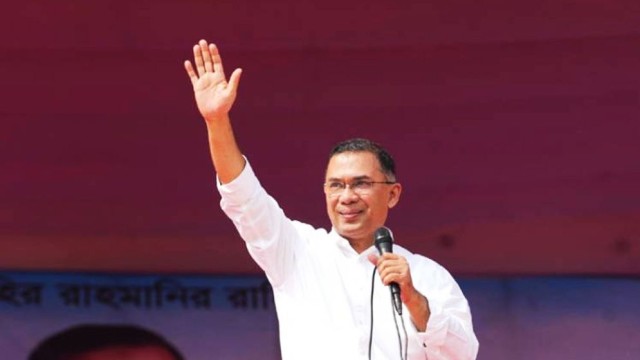Dhaka, Oct 04 (V7N): The migration of 475,500 workers from Bangladesh to Malaysia over a span of 22 months has set a new benchmark, as Bangladesh aims to boost the export of skilled labour to the Southeast Asian nation.
In the past three years, remittances from Malaysia have reached $3.5 billion, with annual remittances from January to December now standing at $1.5 billion.
This upward trend in remittance flow is expected to persist, as demand for additional workers from Bangladesh is already anticipated, according to industry sources.
Bangladesh is hopeful that a lower migration cost could further enhance its foreign currency inflows.
Experts suggest that formalizing a memorandum of understanding (MOU) between the two countries could further strengthen economic ties. An agreement would facilitate organized recruitment, benefiting the labour markets of both nations.
Rabiul Islam, the owner of a manpower agency in Puran Paltan, shared that Bangladeshi workers in Malaysia are pleased with their working conditions.
"The Malaysian government has ensured the protection of their rights and welfare as per their contracts, fostering a positive environment for migrant workers," he noted.
Malaysia has climbed from eighth to fourth position among the top remittance-sending countries to Bangladesh.
As per Bangladesh Bank, remittances from Malaysia amounted to $251.9 million in August alone.
Currently, around 2.5 million people in Bangladesh are benefiting directly from the migration of a quarter-million workers and their families to Malaysia.
The migration process is being managed by 101 agencies approved by the Malaysian government, along with over 1,100 allied recruiting agencies authorized by employers.
Ali Haider Chowdhury, former general manager of the Bangladesh Association of International Recruiting Agencies, highlighted the high demand for foreign workers in Malaysia's plantation and agriculture sectors.
He stated that with efficient negotiations, Bangladesh has a strong chance to deploy more workers to fill the labour shortages in these key industries.
END/MSS/





























Comment: